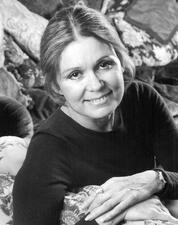
Gloria Steinem
Gloria Steinem was a leader of second-wave feminism and the co-founder of Ms. Magazine, the first feminist periodical with a national readership. As a journalist and spokesperson, she mobilized a generation of women to advance the cause of women’s liberation. Steinem has worked tirelessly all her life as an advocate for change.
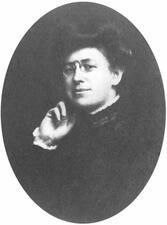
Pauline Perlmutter Steinem

Madame Goldye Steiner, aka Gladys Mae Sellers
Madame Goldye Steiner was the first known African-American woman singer of khazones, or Ashkenazi Jewish liturgical music. She was the only known African-American woman in the khaznte artistic movement in which non-synagogue audiences experienced khazones, sung by women in concert halls, on the radio, and on gramophone recordings.
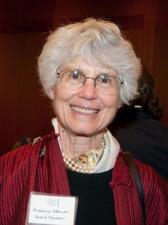
Prudence L. Steiner
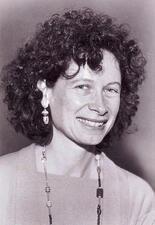
Catherine Steiner-Adair
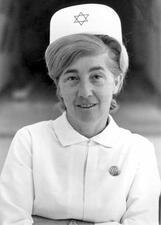
Judith Steiner-Freud
As a Holocaust survivor, Judith Steiner-Freud fulfilled her faithful and influential mission. From the 1940s to the 2010s, she devoted herself to the calling of transforming nursing into an academic profession, raising the status of Israeli nurses, and promoting the welfare of Israeli society and other diverse population groups.
Jewish Gender Stereotypes in the United States
Stereotypes of Jews have existed from their arrival in the New World to the present. Jews were portrayed as greedy, unscrupulous, and unrefined. However, Jews also created stereotypes about one another based on class, gender, and religion. Specifically, the Ghetto Girl, Jewish Mother, JAP, and others reflected tensions between genders about the place of Jews in the economy and culture.
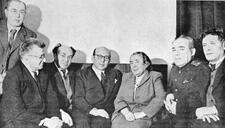
Lina Solomonovna Stern (Shtern)
Lina Shtern, biochemist and physician, was the first woman professor at the University of Geneva and the first woman named to the Soviet Academy of Sciences. Born in Latvia, then part of the Russian Empire, she returned to the Soviet Union out of political idealism. A member of the Jewish Anti-Fascist Committee during World War II, she was a victim of postwar repressions that targeted both scientists and Jews.
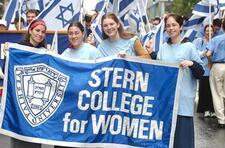
Stern College for Women
Founded in 1954, Stern College for Women of Yeshiva University is the longest-standing college in America for women under Jewish auspices. It has attracted young women from both Orthodox and non-Orthodox Jewish homes interested both in secular university training and high-level Jewish studies.
Bessie Cleveland Stern
Bessie Cleveland Stern is most recognized for her work as statistician for the Maryland Board of Education. She collected and interpreted data about the Maryland school system from 1921 through 1948, and school officials turned to her for information to support appropriations measures and proposed changes in state laws relating to the schools.
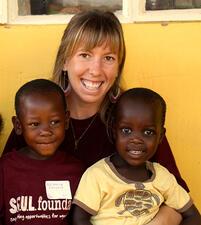
Brooke Stern
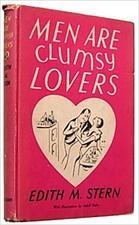
Edith Mendel Stern
A prolific writer as well as an activist in the mental health field, Edith Stern authored four novels and many guides for laypeople on the subjects of mental illness, aging, and differently abled children.
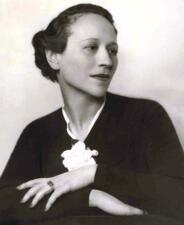
Edith Rosenwald Stern
Elizabeth Stern
Eva Michaelis Stern
Eva Michaelis Stern was co-founder and director of the fundraising arm of the Youth Aliyah in Germany, and later the director of the Youth Aliyah office in London. Over the course of WWII, she helped more than 1000 children from countries all over Europe immigrate to Palestine.
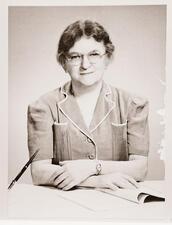
Frances Stern
Frances Stern’s experience as a second-generation American Jew dedicated to social reform and in contact with several prominent women engaged in social work led her to a career in scientific nutrition, applied dietetics, and home economics. Stern founded the Food Clinic of the Boston Dispensary, a center for dispensing practical advice on food and meal preparation for outpatients and their families that also served as a center for research on the relationships among health, nutrition, class, and ethnicity.
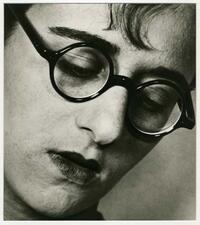
Grete Stern
Grete Stern was one of the founders of Argentina’s modern photography. After studying photography in bohemian Berlin and at the legendary Bauhaus School, Stern developed an unconventional approach to photography, including advertisement collages and studies with crystals, objects, and still-lifes. Between 1935 and 1981 Stern was an influential artistic presence in Argentina, known for her photographic work, graphic design, and teaching.
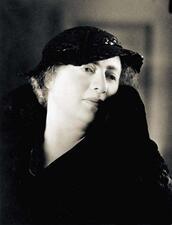
Irma Stern
Irma Stern was a remarkably prolific artist, holding more than a hundred solo exhibitions. It took time for Stern's espousal of modernism, color, and rhythm to find acceptance in the conservative art world of South Africa. After her death, the Irma Stern Museum, administered by the University of Cape Town, was opened.
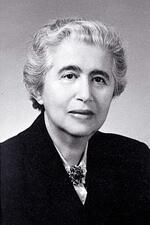
Selma Stern-Taeubler
Originally a historian and researcher in Heidelberg and Berlin, Selma Stern-Taeubler settled at the Hebrew Union College in Cincinatti after fleeing Nazi Germany. She became the first archivist of the American Jewish Archives at the college and later wrote books of fiction and nonfiction. Despite her contributions to Jewish history, American-Jewish academe has largely undervalued Stern-Taeubler’s work, which continued until her death in 1981.
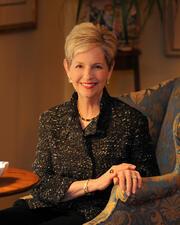
Donna Sternberg
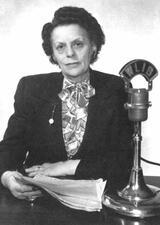
Estelle Sternberger
Believing in a future where all people had a voice and women’s work was valued, Estelle Sternberger found a myriad of ways to reshape public opinion, from hosting a political radio show to leading an organization for peace.
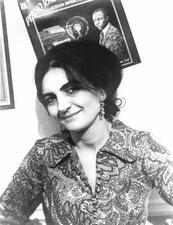
Teresa Sterne
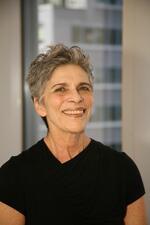
Nancy Schwartz Sternoff
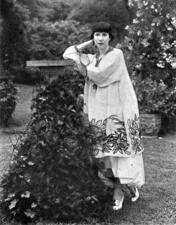
Florine Stettheimer
Florine Stettheimer's paintings are lively, diarylike accounts of her life and acute examinations of upper-class ways in New York between the wars. Her decorative style offered an alternative to prevailing modes of contemporary modernist painting. Through her work, she criticized the high-mindedness of modern art and the course of modern life.



